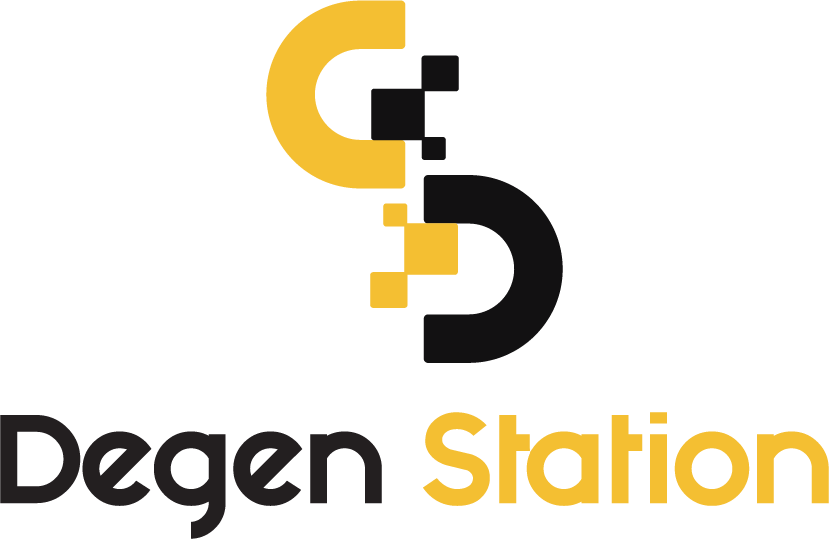Vitalik Buterin Proposes Solution for Centralization in Liquid Staking Protocols

Ethereum co-founder Vitalik Buterin has shared a new blog post addressing the centralization issues in liquid staking protocols. He emphasizes the need for integrating these protocols directly into Ethereum's source code, a concept referred to as "enshrining."

Key Highlights from Buterin's Blog:
- Integration of Protocols:
- Vitalik suggests integrating protocols like ERC-4337, ZK-EVM, Private Mempools, and Liquid Staking directly into Ethereum's core code. This approach, termed "enshrining," aims to enhance security and decentralization.
- Concerns About Liquid Staking Centralization:
He expresses concerns about the centralization of liquid staking service providers. Notably, Lido Finance controls 32% of the total staked ETH on the network, raising issues about potential centralization risks.
- Risks of Leading Protocols:
Both Lido and Rocket Pool, the top liquid staking protocols, pose different risks. Vitalik argues that these protocols need to implement additional mechanisms to ensure safety and decentralization.
Should Ethereum be okay with enshrining more things in the protocol?https://t.co/7F7yOLBoUr
— vitalik.eth (@VitalikButerin) September 30, 2023
Proposed Technical Solutions:
- Adjusting Rocket Pool's Approach:
- Vitalik suggests revising Rocket Pool's methodology to enhance its decentralization and resilience against centralization.
- Randomized Governance Rights:
- He proposes granting governance rights to a random group of stakers, ensuring a more decentralized and democratic governance model.
- Technical Over Ethical Solutions:
- Instead of relying on ethical and moral principles, Vitalik emphasizes implementing fundamental technical changes to decentralize the liquid staking market effectively.
Implications for Ethereum's Future:
- Strengthening Decentralization:
- Integrating these protocols directly into Ethereum's source code can significantly strengthen the network's decentralization and security.
- Mitigating Centralization Risks:
- By addressing the centralization issues in liquid staking, Ethereum can mitigate potential risks associated with having a few dominant players in the ecosystem.
- Fostering Innovation:
- Enshrining these protocols can foster innovation and provide a robust framework for future developments in the Ethereum ecosystem.
Conclusion:
Vitalik Buterin's proposals underscore the importance of addressing centralization issues in liquid staking protocols. By integrating these protocols directly into Ethereum's source code, the network can enhance its security and decentralization, paving the way for a more resilient and decentralized future.
For more updates on DeFi and blockchain news, follow Coin68 on Google News.





